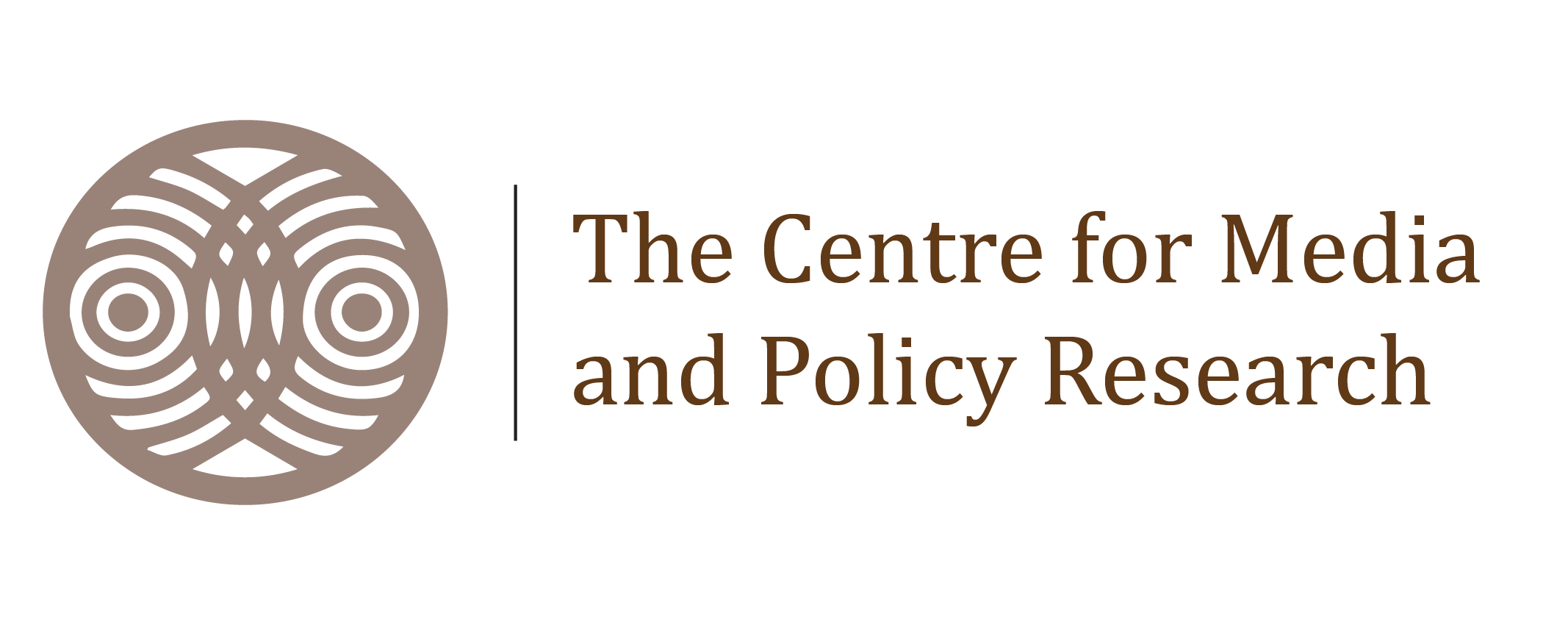Identifying and then labelling oneself as an addict is a difficult notion for anyone to grapple with; however, with the fast-paced advent of technology, and subsequently, social media platforms, it is clear that every single person with a smartphone in their hands and a social media profile are prone to falling prey to a very dangerous cycle of an inexhaustible reward system. There is a fine line between how social media networking can be a “good” habit, that showcases one’s personal media preference, to becoming a “bad” habit that leads to various addictive, pathological, compulsive and problematic behaviors to be inculcated within a person. Do you consider yourself Addicted to the internet? Let us find out.
Imagine a casino, where the lights are blinding and flashing, the music is loud and the colors are bright and enticing, and superimposed over this ambience is a possible opportunity of being “rewarded”, of winning something big. When we apply the same logic to social media platforms, where every scroll, every video, every image, every pixel becomes a possibility of getting a “reward”, it becomes clear that the use of social media is also a form of gaining dopamine for the brain. The participation of people in this system has led to the exacerbation of a new mental illness called “Internet Addiction Disorder” (Cash et al., 2012).
Internet Addiction Disorder or Problematic Internet Use can be defined as a person’s “compulsive need to spend a great deal of time on the Internet, to the point where relationships, work and health are allowed to suffer.” (Internet Addiction, 2024.) The digital world takes precedence over the real world – thus, a new reality is created online, which does not have any physical manifestations, but rather only a mental one. In this process, the individual becomes dependent upon the internet to the point that consistent “use” of the same is required to achieve the same “high”. This makes internet usage a form of “unhealthy dependence” that people engage in to escape their anxiety-riddled, highly stressful, real lives.
Moreover, the people who have invented social media platforms have ensured that they fully exploit the natural biological responses of humans to capitalize upon their weaknesses, to “keep consumers coming back over and over again…resulting in a high similar to the one people feel when gambling or using drugs” (Miller, 2022). Another important thing to note is that as time spent on social media platforms and the internet increases the “associated receptors may be affected, producing tolerance or the need for increasing stimulation of the reward center” (Cash et al., 2012) which would inevitably lead to a form of dependence where the person may face withdrawals when attempting to put an end to the cycle of use, since “All addictions operate on the variable-reward system” (Ricci, 2018).
Thus, the million-dollar question exists: should social media overconsumption and dependence be considered a full-blown addiction? There is a definite increase in access to addiction-building opportunities through social media sites, that may throw individuals down a slippery slope of maladaptive coping, thus, leading to a worsening of their mental health, and their dependence upon social media platforms to reach the same “high” over and over, making the idea of “social media addiction” a problem to be taken seriously for the sake of the mental health of future generations.
References
Akel, G., & Candan, G. (2023). CONSPICUOUS CONSUMPTION AND SOCIAL MEDIA ADDICTION: THE ROLE OF SOCIAL MEDIA USAGE. Journal of Marketing and Marketing Research, 16(2), 249-278.
Brooks, C. (2019, January 10). Excessive social media use is comparable to drug addiction. MSUTODAY. https://msutoday.msu.edu/news/2019/excessive-social-media-use-is-comparable-to-drug-addiction
Cash, H., Rae, C. D., Steel, A. H., & Winkler, A. (2012, November). Internet Addiction: A Brief Summary of Research and Practice. Curr Psychiatry Rev, 8(4), 292-298. DOI: 10.2174/157340012803520513
Hansen, K. (2022). Our Social Media Addiction. Harvard Business Review. https://hbr.org/2022/11/our-social-media-addiction
Hilliard, J. (2019, September 4). Does Excessive Social Media Use Cause The Same Impairment As Drug Addiction? Addiction Center. https://www.addictioncenter.com/news/2019/09/excessive-social-media-use/
Internet addiction. (2024). Better Health Channel. https://www.betterhealth.vic.gov.au/health/healthyliving/internet-addiction
Larose, R., Kim, J., & Peng, W. (2010). Social Networking: Addictive, Compulsive, Problematic, or Just Another Media Habit? In A Networked Self. Routledge.
Miller, S. (2022, June 2). The Addictiveness of Social Media: How Teens Get Hooked. Jefferson Health. https://www.jeffersonhealth.org/your-health/living-well/the-addictiveness-of-social-media-how-teens-get-hooked
Nikolinakou, A., Phua, J., & Kwon, E. S. (2024). What drives addiction on social media sites? The relationships between psychological well-being states, social media addiction, brand addiction and impulse buying on social media. Computers in Human Behavior, 153(ISSN 0747-5632). https://doi.org/10.1016/j.chb.2023.108086
Ricci, J. (2018, June 28). The Growing Case for Social Media Addiction | CSU. California State University. https://www.calstate.edu/csu-system/news/Pages/Social-Media-Addiction.aspx
Richtel, M. (2023, October 25). Is Social Media Addictive? Here’s What the Science Says. (Published 2023). The New York Times. https://www.nytimes.com/2023/10/25/health/social-media-addiction.html
Author: Ms. Pragya Dhiman
Read more..






